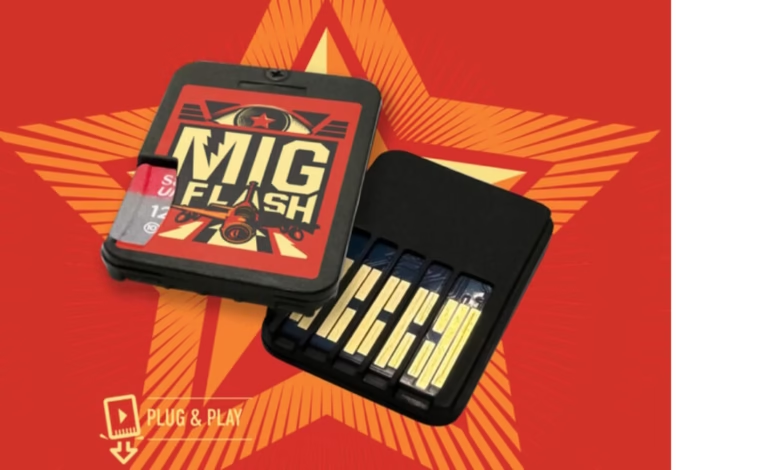Switch 2 Users Banned for Running Game Backups Online

▼ Summary
– Mig Flash released a firmware update allowing its cartridge to run original Switch games on the Switch 2, but users report subsequent console bans from Nintendo’s online servers.
– Users, including the Switch Tools account, claim bans occurred even when using legal backups of their own purchased games.
– Nintendo detects unauthorized game usage through cryptographic signatures on security certificates, flagging potential piracy.
– The Mig Flash developers state they only support legal backups and warn that misuse may result in bans, for which they take no responsibility.
– Reports suggest Nintendo can detect Mig Flash usage on the Switch 2, leading to bans regardless of whether the backups are legal.
Nintendo has begun banning Switch 2 consoles connected to online services when using third-party flash cartridges, even for players running legitimate game backups. Reports confirm multiple users faced permanent online bans after utilizing Mig Flash devices to play personal game copies on the new hardware.
The controversy emerged after Mig Flash released a firmware update allowing its cartridge to function with Switch 2. While marketed as a tool for backing up legally owned games, users discovered Nintendo’s servers could detect the device. One prominent hacking community account, Switch Tools, shared their experience after receiving a ban despite only loading verified game dumps from physical cartridges they owned.
Nintendo’s anti-piracy systems rely on unique cryptographic signatures embedded in game certificates. When identical signatures appear across multiple consoles, the company flags them as pirated copies. However, Mig Flash claims its product avoids this issue by restricting usage to personal backups. Their website explicitly warns that violating this rule, such as sharing game files—could trigger bans, though recent incidents suggest even single-user backups may now be detectable.
The situation raises questions about Nintendo’s detection methods. Some speculate the Switch 2’s enhanced security identifies hardware modifications or altered data streams from flash cartridges, regardless of the game’s legitimacy. Online forums show growing concern among players who relied on such devices for convenience rather than piracy.
Mig Flash maintains its stance, emphasizing compliance with backup laws while distancing itself from enforcement consequences. For now, the risk of losing online access appears high, leaving users to weigh convenience against potential penalties. As Nintendo tightens its policies, the debate over game preservation and consumer rights continues to intensify.
(Source: Ars Technica)